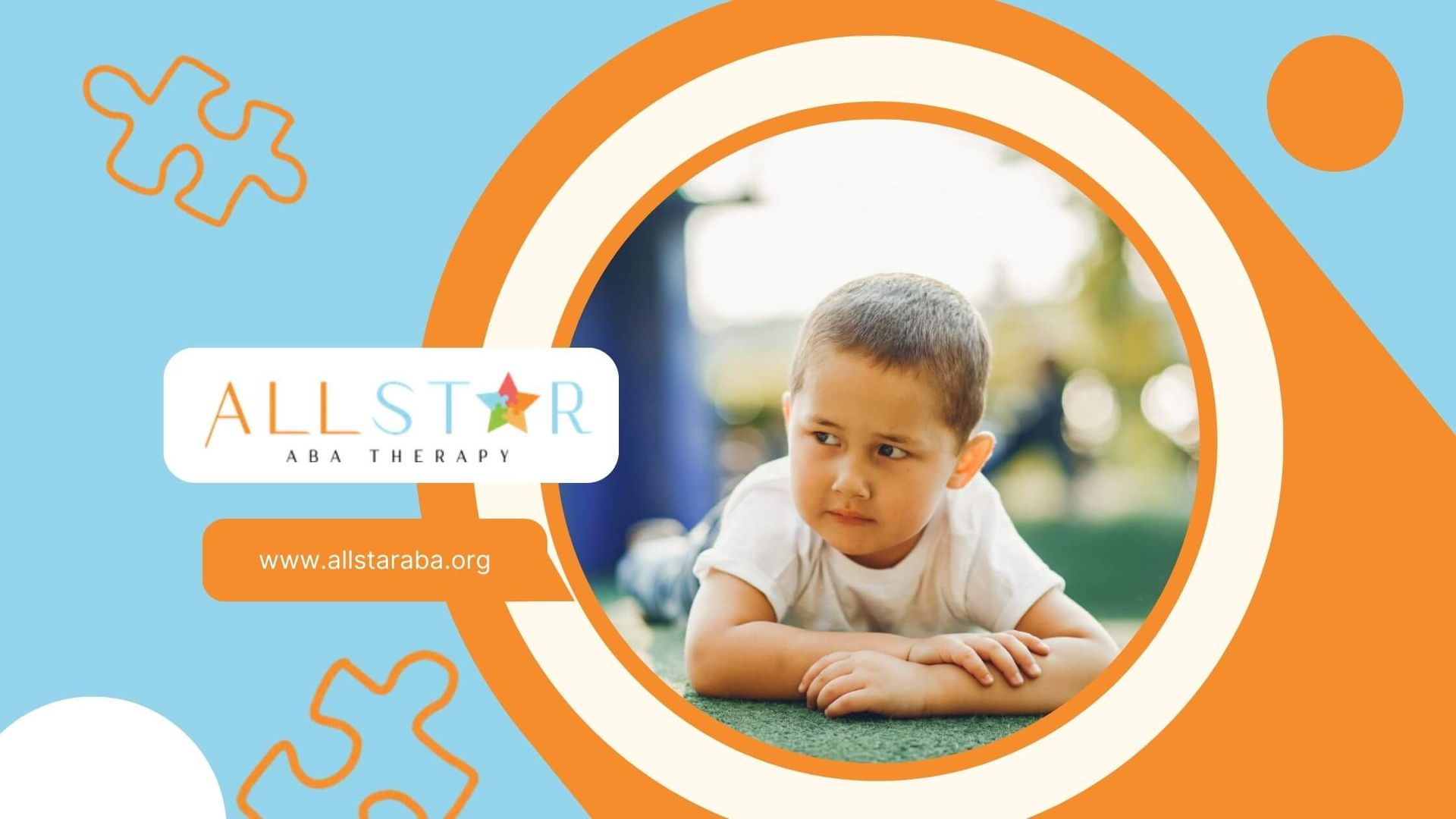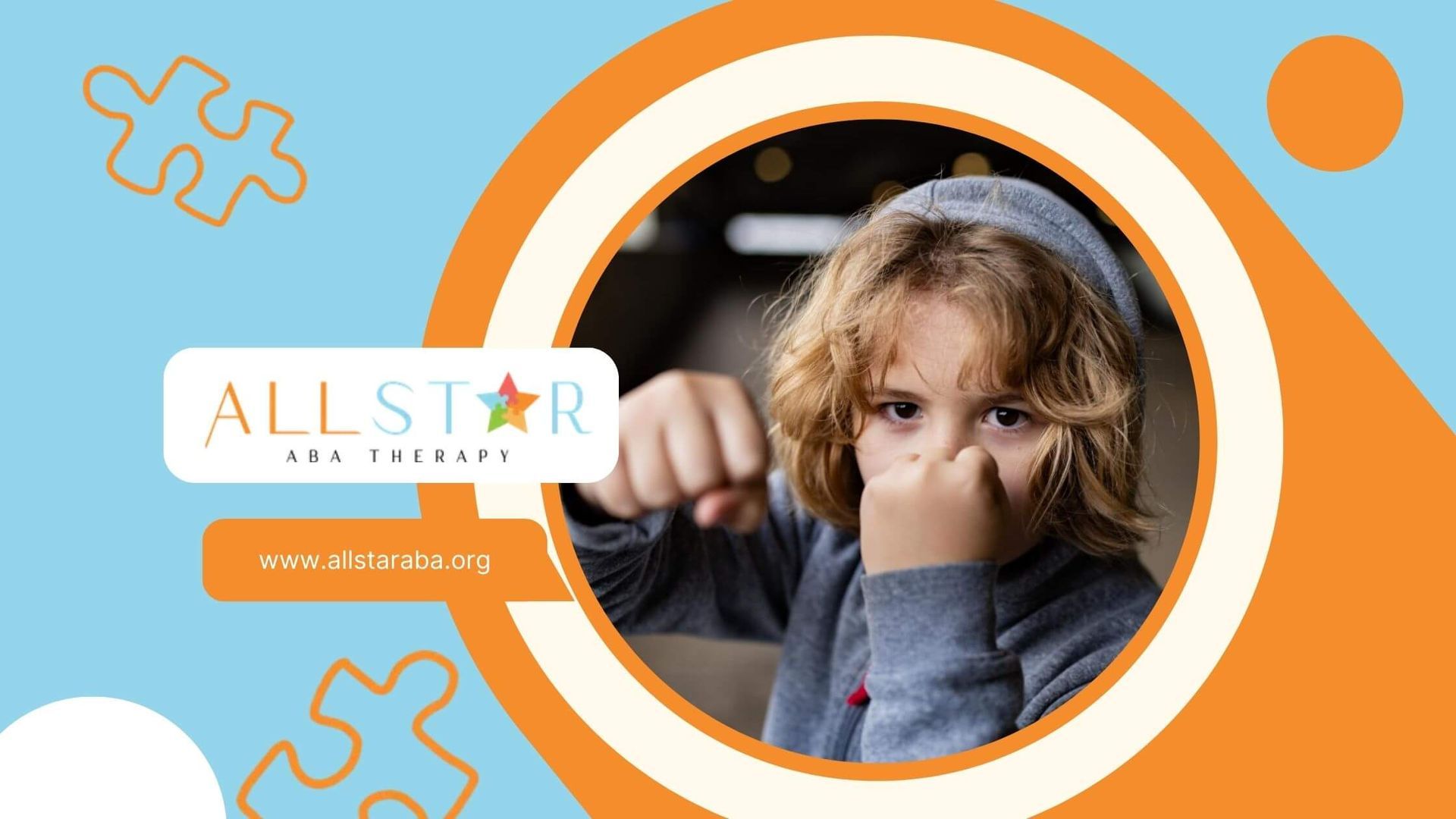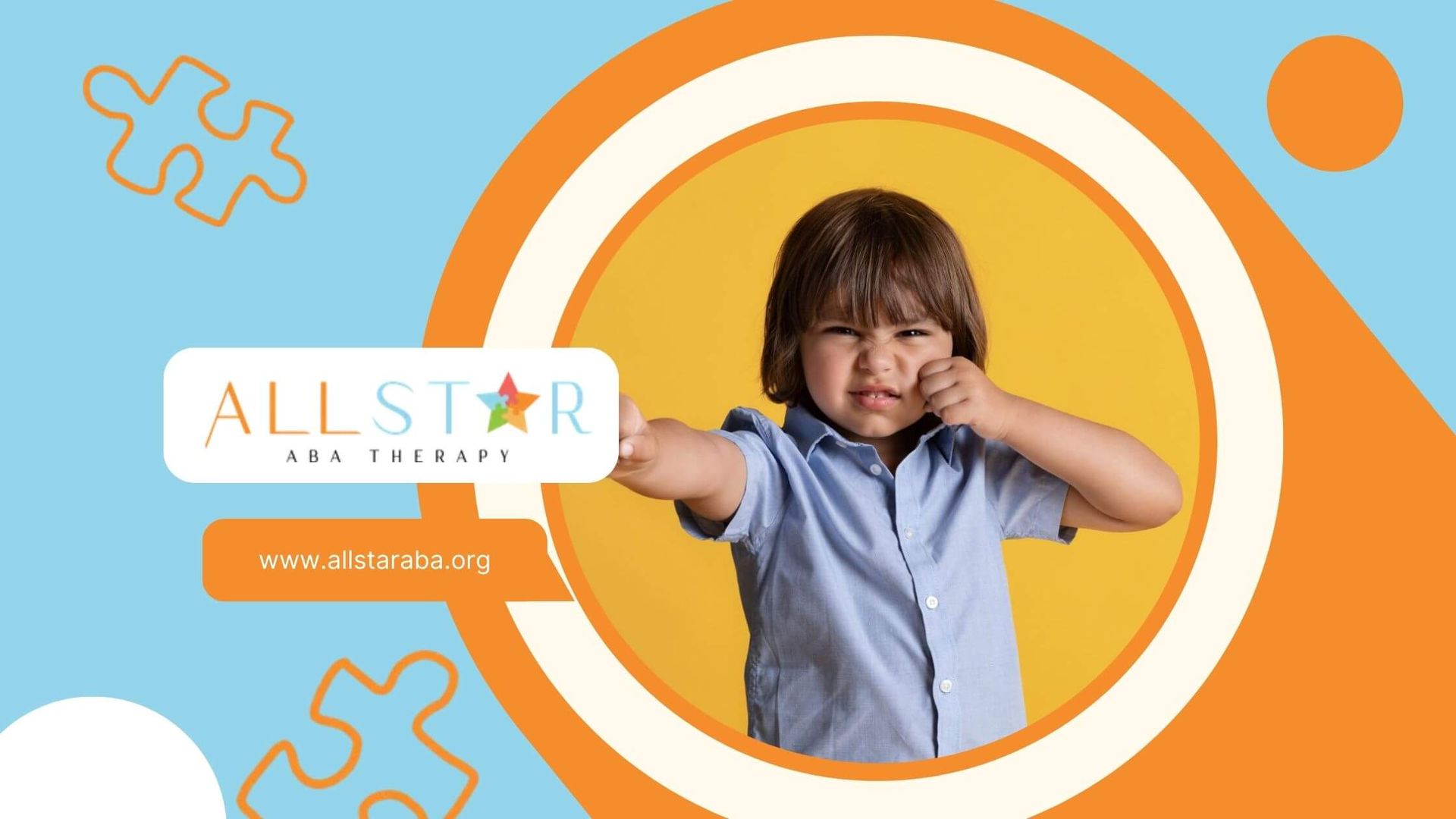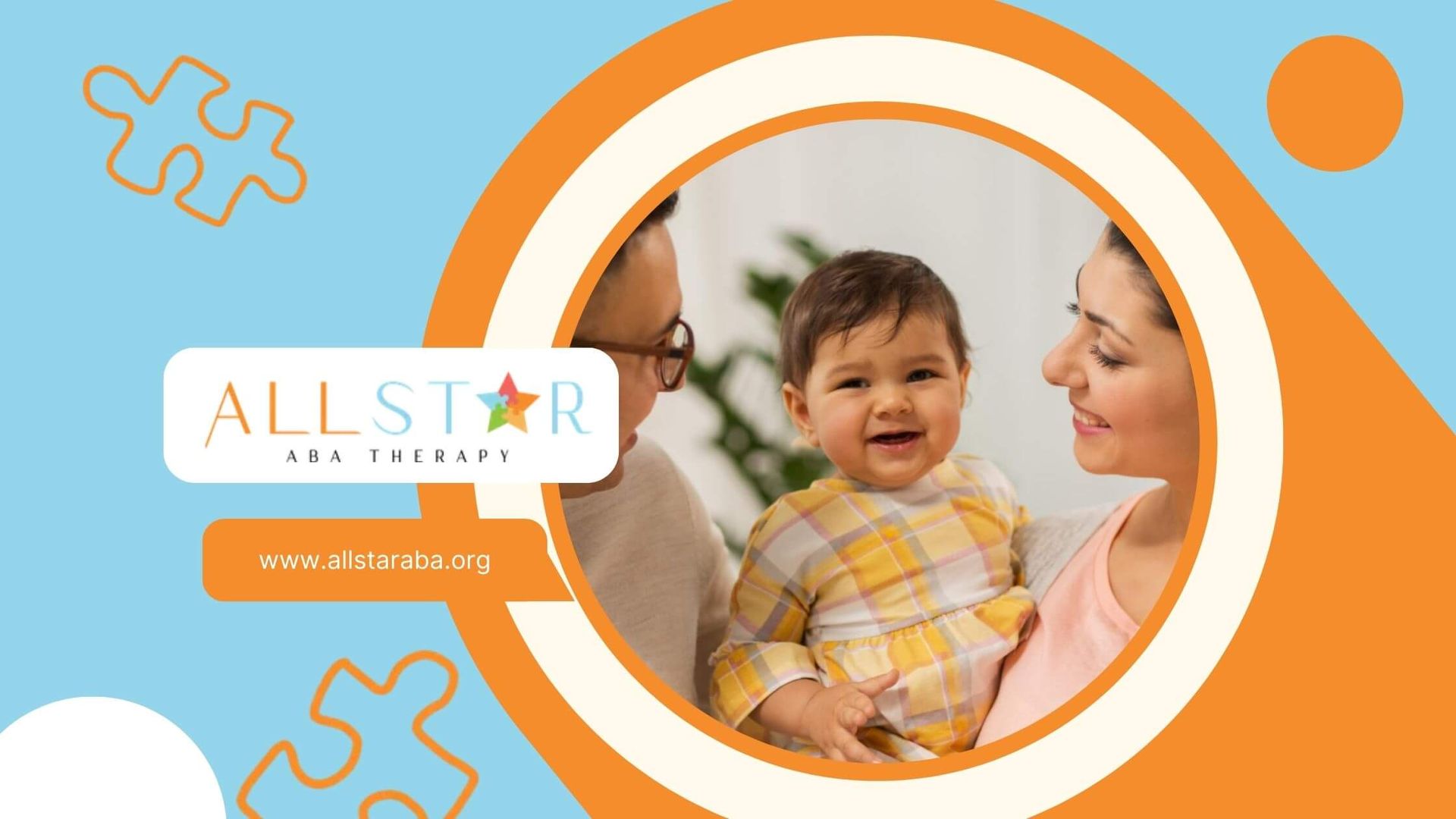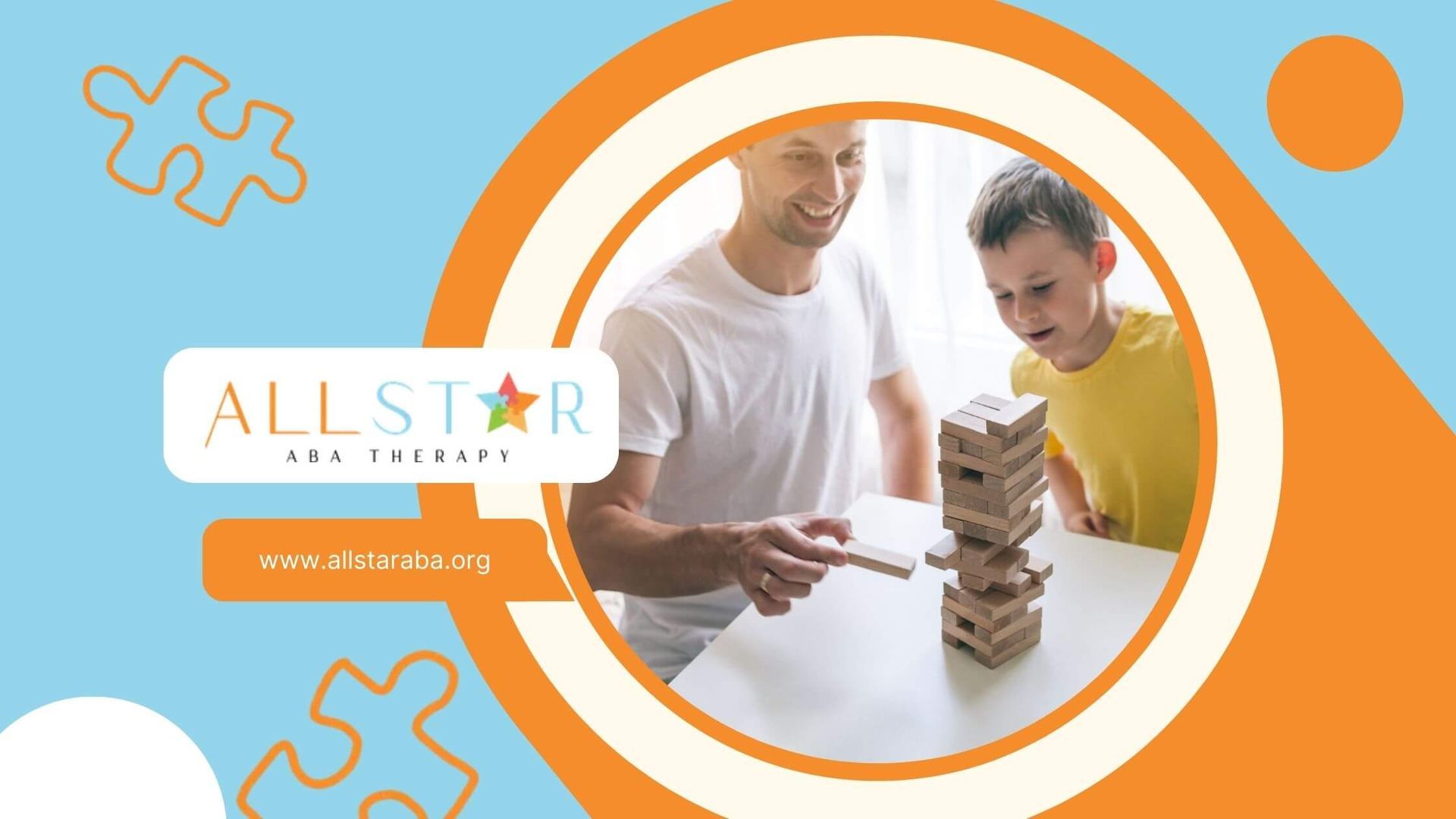New Paragraph
Are Autistic People Stupid? Debunking the Myths
Some people still believe wrong things about autistic people. One big myth is that they are not smart or that they do not have intelligence. This blog is here to show that these ideas are not true. The autism spectrum covers a wide range, and autistic individuals have many different skills, stories, and strengths. These are important and should be seen by everyone. We will look at how these false beliefs started and why. We will also share science and real stories to help you see the truth. We hope that people will learn more, understand better, and show more acceptance to those with autism spectrum disorder.
The Origins of the “Stupid” Stereotype in Autism
The idea that autistic people do not have intelligence comes from the past. People long ago did not fully understand the autism spectrum. At that time, early psychiatric theories linked autism to intellectual disability or mental incompetence. This mistake led to bad stereotypes about autistic people.
We know more about the autism spectrum now. Even with this new knowledge, these old ideas can still affect how people think today. It is important to know where these stereotypes started. By doing that, we can help stop them and help people get a better understanding of the autism spectrum and how complex it is.
Historical Misconceptions About Autism and Intelligence
Autism used to be wrongly seen as a type of mental illness or intellectual disability. Early medical books labeled autistic people this way because there was not yet enough research or good tools to check how family members think or understand things according to the Diagnostic and Statistical Manual. Because of the way autistic individuals talked or interacted with others, they were seen as having less ability to think, leading to misconceptions about the diagnosis of autism.
At that time, doctors did not have the tools they needed to see the special neurological patterns in autism, particularly regarding a child’s brain, including insights into female brains. With no full studies looking at the functions of various parts of the brain, any differences in the way people acted or spoke were thought of as problems or weaknesses.
Now, people in neuroscience see autism as a neurological condition. Research shows that autistic people can have many types of thinking skills. This goes against the older view that being on the autism spectrum means a general lack of intelligence. This change in knowledge shows it is important for us to look again at old thoughts about the autism spectrum.
Media Portrayals and Their Impact on Public Perception
The media plays a big part in showing how people see autistic individuals. What people usually see is the “idiot savant” stereotype. This makes people think of the autism spectrum in a way that is not true. These stories show someone with autism may have “flashes of genius,” but they do not show the flip side of the mix of abilities that autistic people have.
When the focus stays on just these stories, it leaves out many autistic individuals and how autism affects their day-to-day life. Most people may not fit the extreme view the media gives. So, people have a hard time knowing what autistic people are really like and do not see all their extraordinary lengths, strengths, and problems.
If the media starts to show different stories and show all the ways life can be for people on the autism spectrum, it would help people learn more. The media has a big chance to break old ideas and teach everyone about the truth of autistic individuals, instead of holding onto stereotypes like the “idiot savant” or just focusing on flashes of genius.
The Dangers of Labeling and Stigmatization
Labeling autistic people as not smart or unable makes it very hard for them. It causes big problems in school, at work, and during social times. These names hold them back from growing and being accepted by others.
When autistic individuals are always pushed to show what they can do, it is unfair. The world often sees them as less able, and that brings extra stress. This can hurt how they feel about themselves. It also makes things even harder at school and work, where there may be extra bias and judgment.
Stigma does a lot of damage. It keeps autistic people out and lowers how much they are included in daily life. To help autistic individuals do well and show what they can do, it is important to let go of these untrue ideas and give them space to use their unique skills.
What Is Autism Spectrum Disorder (ASD)?
Autism spectrum disorder, or ASD, is a type of spectrum disorder that affects how people connect with others. People with autism spectrum may have trouble with social interaction, talking with people, or doing the same actions many times. How it looks and feels can be different for everyone. Each person has their strengths and struggles. Knowing more about the autism spectrum can help all of us better support and care for people in our communities.
Defining Autism: Neurological Differences, Not Deficits
Autism is seen as a neurological condition that is sometimes misunderstood in terms of mental health issues, and the latest evidence suggests it may be a genetically inherited condition. It happens when there are differences in brain wiring. This means that it is not just a deficit or disorder. These changes in the brain affect how autistic individuals handle things that happen every day.
For example, with their brain wiring, some may be more sensitive to what they see, hear, or feel. Others might have their way of understanding social cues. But this does not mean there is a general lack of intelligence.
People now view autism as a spectrum condition. This way, they see each person’s strengths instead of looking for problems. When people stop believing old stereotypes, society can start to build spaces that help these strengths grow, a controversial subject, until the end of their lifetime.
The Diversity Within the Autism Spectrum
The autism spectrum covers many different things. Autistic individuals show a mix of talents and ways of acting. For example, some people on the autism spectrum can talk easily, while others use different ways to share their thoughts.
Cognitive strengths can also be different. Some autistic individuals are very good at solving problems or know a lot about one subject. Others need extra help and support. These many ways show that no two autistic individuals have the same experience.
When we know about these differences, we can give more personalized help. This lets every individual on the autism spectrum be respected for who they are.
Common Characteristics and Variations Among Autistic Individuals
While a lot of autistic people have traits like being sensitive to certain things or having different social skills, each person’s experience can be very different. Some may not like to make eye contact or may have a hard time working out social interaction, but others can build their own good emotional connections.
How people act, react, and feel can change from one autistic person to the next in different places, even if they are in the same family. This shows that it is important to look at each case by itself. Everyone’s needs and skills with things like social skills and emotional connections can be different.
It is important to see each person for who they are if you want to really get what a spectrum condition is. One way for everyone just does not fit all. Autistic people need support that matches their abilities and what works best for them.
Intelligence and Autism: Understanding the Facts
The connection between intelligence and autism spectrum disorder is not simple. Many people do not understand it well because there are old stereotypes. Some people on the autism spectrum may have learning issues. But a lot of autistic individuals show skills that are average or even better than most people. These talents often get missed because we use normal ways to test for intelligence.
It is important to change how we think about what makes someone smart. We need to see that people with spectrum disorder can have many types of thinking skills. This new way to look at things breaks old ideas and lets us see people on the autism spectrum in a better, more fair way.
The Range of Cognitive Abilities in Autistic People
Cognitive abilities in autistic people are very different from one person to the next. Some may find it hard to learn in the way most schools teach, while others may demonstrate an enormous vocabulary or show special skills, or what some call "flashes of genius."
For example, many autistic individuals have amazing talents and are really good at things like math, music, or art. They can do well in these areas, even if they face problems in regular learning places. These talents show that the way they think and see the world is not the same as everyone else.
This range of abilities shows that we need to focus on each person’s needs. It also helps us see that being smart can look many different ways across the autism spectrum.
Why IQ Tests May Not Accurately Measure Intelligence in Autism
Standard IQ tests use a lot of language and ask many school-based questions. Because of this, they often do not show the full intelligence of people on the autism spectrum. The way autistic individuals think and handle information may not fit with how these tests work.
For example, someone who is very good at problem-solving might not get a high score if they struggle with understanding spoken questions. This does not mean they are not smart. It just shows that IQ tests do not always capture the range of thinking found in neurological diversity.
Using more types of assessment can give a better idea of what an autistic person can do. This helps others understand them better and give good support.
Multiple Types of Intelligence: Beyond Academic Performance
Intelligence comes in many forms. It is not just about getting good grades in school. Autistic people often show all kinds of strengths, from being creative to working well with others, to understanding feelings. Autistic individuals may be good at art, painting, or music. Many also do well in coding or math. But, because some may have a harder time with social skills, it can hide these talents. People then might not see what they can really do.
When we notice and talk about all these different types of intelligence, it helps everyone see what autistic people are able to do. This also pushes back against a lot of wrong ideas that people may have.
By showing how much variety there is in autistic individuals, we can help others think in new ways about autism. This can change how society looks at autism over time.
Top Myths About Autism and Intelligence
There are many myths about the autism spectrum, especially when it comes to intelligence. Some people think that all autistic people have an intellectual disability. But the truth is, many autistic individuals have average intelligence or even show unique strengths and special talents. Others believe that autistic people can’t feel or show empathy. This is not correct, as they often have strong emotional connections and deep feelings. These myths about autistic people come from not really understanding the autism spectrum and what makes each person different. If we talk about these myths and clear them up, we can help more people see how much autistic individuals have to offer. This lets us notice their skills, strengths, and understand them better.
Myth 1: All Autistic People Have Intellectual Disabilities
It is important to clear up the wrong idea that all autistic people have intellectual disabilities. This helps others better understand and accept them. Studies show that autism spectrum disorder includes many types of thinking and learning. Many autistic individuals have average intelligence or even higher. Some may also have special abilities or talents or skills. This proves that there is not a general lack of intelligence in autistic people. Everyone on the autism spectrum is different. We should notice their unique strengths and what they can do, instead of keeping old ideas that do not match what autistic people are really like.
Myth 2: Autistic People Lack Emotion and Empathy
Emotional expression in autistic people is often not understood well. Many autistic individuals feel intense emotions. Because of the way their brains work, they may have trouble showing or reading social cues. These social cues are important for showing a lack of empathy in the usual way. But, there is a myth that autistic people cannot feel for others. In reality, the majority of people believe that many have enormous compassion and can make deep emotional connections. Their empathy might show in different ways. For example, it can be seen in what they write or when they are talking to one person at a time. If people learn about these unique ways of showing feelings, they can get a better idea of how autistic individuals experience their emotions.
Myth 3: Autism Is Caused by Bad Parenting or Vaccines
Extensive scientific research shows that the idea of autism spectrum or autism spectrum disorder coming from bad parenting or a lack of parental discipline is not true. This old way of thinking comes from not understanding the neurological condition and the associated behavioural difficulties, which can lead to great difficulty for many. It is also based on beliefs that are no longer accepted. People now know that autism spectrum disorder likely has genetic reasons. It also has very complex neurodevelopmental factors. The disorder is not caused by things parents do or do not do. Blaming parents ignores what the reality really is for autistic individuals. It also hides the unique strengths that people on the autism spectrum can have. This kind of blame keeps up the bad ideas people have about this spectrum disorder, and forgets that autism is just one special part of human life.
Debunking the Myths with Science and Real Stories
Extensive scientific research shows that the old ideas about autism and intelligence are not true. People often think that those on the autism spectrum have a general lack of intelligence. But this is not the case. Albert Einstein and Temple Grandin are both great examples that show autistic individuals can have unique strengths and high levels of talent.
The latest evidence points to the idea of neurodiversity. This means that everyone, including those on the autism spectrum, has something special to give. Their skills and ways of thinking help make our world better. When we share real stories from many autistic individuals, it becomes clear that intelligence comes in many forms. People add value to society in different ways, and these stories push back on the idea that all autistic people lack intelligence.
Research Insights: What Studies Reveal About Autism and Intelligence
Extensive scientific research shows that there is no direct link between autism spectrum disorder and a general lack of intelligence. Many autistic individuals have average or even higher IQs. Some of these people show unique strengths and talents. Now, there are cases where the theory of mind can be hard for some, but there are others who shine with special skills that people often call "savant" abilities. All this means that stereotypes about autism and intelligence are not true. Intelligence in autistic individuals is different for everyone, just like the autism spectrum is a neurological condition with many forms.
Inspirational Success Stories of Autistic Individuals
Remarkable things done by autistic individuals show the great talents that can be found in the autism spectrum. For example, Temple Grandin is a well-known author and animal behavior expert. She uses her special brain wiring to change how people handle livestock. Another example is the case of Albert Einstein. His story shows the incredible potential of those on the spectrum, as he gave us flashes of genius that changed fields like physics and math. These stories show that autistic individuals deal with everyday life in amazing ways. They prove that people on the autism spectrum can do things people did not expect. They make big contributions to society with their skills and passion.
Contributions of Autistic People to Society and Innovation
Autistic individuals have shown the world many amazing things with their unique strengths. Many people on the autism spectrum do well in science, technology, engineering, and the arts. They often show great skill in solving problems. Their ideas are creative and new. This is because they have strong focus, pay close attention to details, and often see things in ways others do not.
Well-known people like Temple Grandin and Albert Einstein show what someone on the autism spectrum can do. They have helped change how people think, and they have broken new ground in their fields. Their work helps all of us and brings good things to society. These achievements also inspire others to value different ways of thinking and to support neurodiversity. Future generations can learn from their stories.
Social Abilities and Communication in Autism
Understanding social abilities in autism means knowing that people can have different ways to communicate. Some autistic individuals might find things like social interaction, reading social cues, or making eye contact a bit hard. But, this does not take away from their ability to have meaningful emotional connections. Many autistic individuals show unique strengths. For example, some have strong focus and big creativity. These qualities can help a lot and make their way of communication special. When we create a space that respects sensory needs and supports everyone, we help social skills grow. This helps autistic individuals do well in all kinds of social situations and lets them build real emotional connections with others.
Navigating Social Interactions: Challenges and Adaptations
Social interactions can be hard for autistic people. These challenges often happen because it is tough for them to see social cues or handle tricky social situations. Knowing about these differences helps everyone build better connections. Some small changes, like making things clear and structured, can lower stress in social situations.
Autistic people might need more help when it comes to things like reading body language or making eye contact. Both are very important for starting and growing loving relationships. By using the right strategies, their social skills can get better. It also helps them feel more confident to join in everyday life and show off their amazing talents.
Building Relationships: Wanting Connection vs. Social Difficulties
Wanting to connect with others is something we all feel. For autistic people, there can be hard parts to social interaction. It can be tough for autistic individuals to read social cues or to keep eye contact, so making close connections and a close relationship with others is not always simple. But these things do not stop them from having strong love or deep feelings. When their friends and family show patience and care, autistic people can form good relationships. They show their unique strengths and amazing talents. When we accept and support these differences, we help everyone have better connections and understand each other more, even when there are some social obstacles.
The Role of Community Support and Inclusion
Community support and inclusion are important in making the lives of autistic individuals better. These settings make autistic people feel that they belong and are accepted. They help people with autism join in on things more easily. Services like peer mentoring and community programs can help autistic people improve their social skills. These groups give the chance to make and build on connections with others.
Inclusion plans at schools and in the workplace help autistic individuals show their unique strengths to others. This can help people understand, feel for, and accept autistic people even more. Over time, this makes things better for everyone in society.
Educational Pathways for Autistic Individuals
Customized education strategies are important for helping autistic individuals do their best. When teachers notice the different strengths of students with autism spectrum disorder, they can make lessons that fit how each student learns best. Inclusive classrooms let all students learn together. This be can good for peer understanding and helps every student improve their social skills while also keeping behavior in check.
Technology has also brought new tools to help autistic children and students in the U.S. These make it easier for them to learn skills like spoken language skills and take part in social situations at school. There are many ways now to make learning better; they help students with spectrum disorder build language skills, join in on group activities, and do well with others. With the right support, people on the autism spectrum can grow and succeed.
Customizing Education and Learning Approaches
Education works best for autistic individuals when it is made just for them. Each autistic person is on a different part of the spectrum, and understanding this helps teachers be more creative. This way, they can make a room where everyone has a chance to grow and learn in their own way.
Using things like individualized education plans (IEPs) and special class plans can help a lot. These tools help keep students interested. They also give autistic learners time to build social skills and learn to talk with others. When teachers use ways that fit how students’ brains work, education becomes better for everyone. It helps build emotional connections and makes learning easier and more fun for autistic individuals. This gives everyone a good chance for school and personal success.
Promoting Inclusive Classrooms and Peer Understanding
Creating an inclusive classroom helps everyone, including autistic individuals, to grow together. Teachers can use special teaching methods to help students learn social skills and see each other's unique strengths. When the class talks openly about autism, it helps to break barriers and lets students see diversity in a good way. Also, peer mentorship programs get students to connect, build their emotional intelligence, and become more caring to each other. In the end, all of these steps help students build good communication skills and make the learning experience better for everyone.
How Technology Aids Autistic Students in the U.S.
Technology now has a big role in making learning better for students on the autism spectrum all over the U.S. Digital tools, like apps for talking and sites made for your way of learning, help with each person’s needs. These tools let autistic individuals take part and connect more in school. There is also special software that can help build language skills and help with social situations. This lets people feel better about how to act with other people. Technology can also change sensory input, including sensory issues, so schools are kinder and easier to be in. With all these changes, we can help a lot more students feel like they belong, and also help others know and accept those with autism spectrum.
Overcoming Stigma: Advocacy and Acceptance
Advocacy is very important when it comes to breaking the stigma around autism spectrum disorder. To change how many people think about autistic individuals, there has to be a real hard work effort in the way society talks about them. The words people use matter. Using respectful and clear words helps others better understand and accept people who are on the autism spectrum. Advocacy groups give the support, resources, and education that are needed, and they help raise awareness for everyone. This work helps make more places that are open and welcoming.
Steps to bring more acceptance include efforts from the community, sharing personal stories, and educational programs. These each help show the unique strengths of every autistic person and what they give to society. Welcoming the amazing talents autistic people have makes life richer for everyone. Working together this way helps build a society that is kinder and more caring to all.
The Importance of Language and Representation
The way people talk can change how others see the world. So, it is important to use words that are correct and kind when talking about autistic people. If you use the wrong words, it can lead to false ideas. For example, some may think autistic people do not have intelligence or emotions. That is not true at all.
Showing real stories in books and media is also very important. It helps autistic individuals see people like them and shows their unique strengths. This can help more folks understand what the autism spectrum really looks like. It also fights old ideas and brings their good qualities out in the open.
When their voices are heard, everyone learns more. Sharing true stories from autistic people helps others accept and include everyone in the group. By doing this, we all get to know the rich diversity of the autism spectrum and learn to respect each person's place and talent.
Advocacy Groups and Their Role in Changing Perceptions
Advocacy groups help change how people see autistic individuals. They make more people know the truth by teaching about autism and fighting against wrong ideas. Their work puts focus on the unique strengths and amazing talents of autistic people. This helps others in the community feel empathy and be more understanding. Campaigns from these groups support inclusivity and give real help, which lets autistic individuals face less stigma. That gives autistic people more chances to connect and build good relationships. These efforts are key in making sure that everyone's voice can be heard and valued.
Steps Toward Greater Acceptance in American Society
Promoting more acceptance of autistic people in the United States needs many steps. Education is very important in this. Teaching more people about the autism spectrum can help break old ideas and wrong beliefs. Community engagement is also key. Bringing different groups together in activities can help people connect and understand each other better. Advocating for changes in policy can give autistic people better access to needed resources and support. It's good to show the unique strengths and what autistic individuals can do in the media too. This can help change how people think about autism, so the country can be more kind and well-informed.
Conclusion
Understanding autism spectrum disorder (ASD) means more than just looking at myths people have or what is not true about it. You have to see the unique strengths that autistic people show and what they can do. Many autistic individuals have special skills and see things in ways that are different from others. This spectrum disorder is very broad, so it is good to have more awareness of the many ways it can show up in all people. You should remember that even with average intelligence, a person can still show some amazing talents.
Autistic people need others to advocate for them and show acceptance. These things are very important. They help with loving relationships and help everyone see the real things autistic individuals can bring to the world. It’s better for people to not only think about stereotypes. To move ahead, we need to include everyone. By doing this, the whole society can be kinder, and we all can work for what is good for every person with an autism spectrum condition.
At All Star ABA, we firmly believe that intelligence manifests in diverse ways, and that every individual on the autism spectrum possesses unique strengths and immense potential. Our personalized Applied Behavior Analysis (ABA) programs are designed not just to address challenges, but to meticulously identify and build upon these individual abilities. We empower children and young adults through compassionate, evidence-based strategies that foster communication, independence, and a deep sense of accomplishment. Choose All Star ABA to partner with a team dedicated to recognizing, nurturing, and celebrating your child's inherent capabilities, helping them shine as the truly intelligent and capable individuals they are.
Frequently Asked Questions
Is autism a sign of low intelligence or stupidity?
Absolutely not. Autism Spectrum Disorder (ASD) is a neurodevelopmental difference, not an intellectual disability. It's a harmful myth that autistic people are stupid.
Do all autistic people have an intellectual disability?
No, this is a common misconception. While some autistic individuals may have a co-occurring intellectual disability, many have average, above-average, or even gifted intelligence. The majority of autistic people do not have an intellectual disability.
Why does the myth about autistic people being "stupid" persist?
This harmful misconception often stems from outward communication differences, social challenges, or difficulties with traditional intelligence tests that don't accommodate diverse autistic processing styles. These differences are frequently misinterpreted as a lack of intelligence.
Sources:
https://www.autismspeaks.org/what-autism
https://www.connectncareaba.com/blog/are-autistic-people-stupid-myth
https://adsd.nv.gov/uploadedFiles/adsdnvgov/content/Programs/Autism/ATAP/Autism%20Myths%20and%20Misconceptions.pdf
https://autism.org/characteristics-of-autism/
https://www.kennedykrieger.org/stories/interactive-autism-network-ian/measuring-iq-autism
Need Support?
We're Here to Help!
Our experienced team is ready to assist you. Reach out today to discuss how we can support your child's development and well-being.
Get started with expert ABA therapy today.



